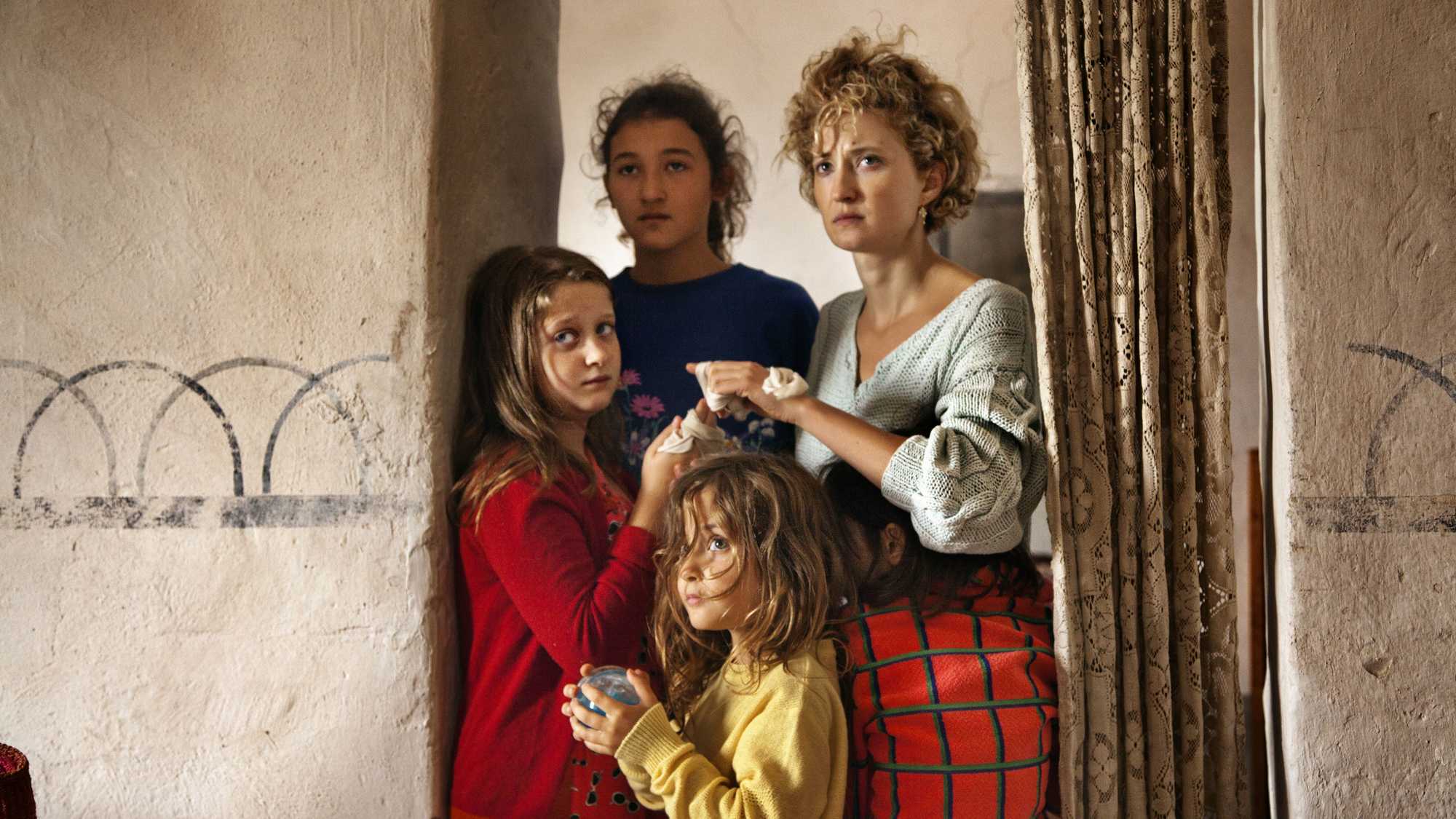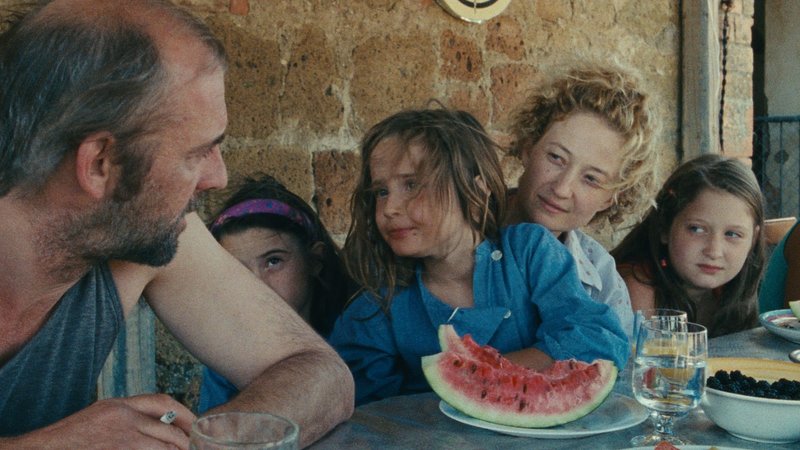This intimate portrait of a marvellously idiosyncratic family of beekeepers in the Italian countryside is a classic picture of children growing up in nature – and won its young director the Grand Prix at Cannes.


A personal, intimate riffing on the filmmaker’s own childhood, celebrating the wonderful strangeness of families
Screened as part of NZIFF 2014
The Wonders 2014
Le meraviglie
Italian filmmaker Alice Rohrwacher joined the all-too-small pantheon of women directors honoured at Cannes when Jane Campion’s jury awarded the Grand Prix to this aptly titled film. Brava!
“A mesmerising coming-of-age tale: small and sweet in every good way, but alive with a power that seems to surge up from deep beneath its sun-roughened landscape… The film is heavily inspired by the director’s own childhood in the countryside between Umbria, Lazio and Tuscany. It centres on a German-Italian family of bee-keepers, and particularly 12-year-old Gelsomina (Maria Alexandra Lungu), the eldest of four sisters and the notional heiress to this traditional and increasingly rare way of life…
One day, while Gelsomina and her sisters play in the sea, they find a camera crew nearby who are making an advert for a forthcoming television programme: Countryside Wonders, a joyfully tacky talent show that’s hunting for the area’s ‘most traditional family’. The hostess, played by Monica Bellucci, wears a low-cut white gown and absurd headdress, like a nature goddess, or a fairy godmother. It’s a moment of dreamy strangeness – a found Fellini tableau – and Gelsomina is transfixed…
So much is encircled by this film’s seemingly modest reach: the slow onset of adulthood, but also the fading of the old ways, and the slight jarringness of incomers such as Gelsomina and her family being their last and keenest practitioners. The film was photographed not on digital cameras, but Super-16 film stock: a dying way of seeing dying things, and yet everything it captures seems to flare and crackle with life.” — Robbie Collin, The Telegraph